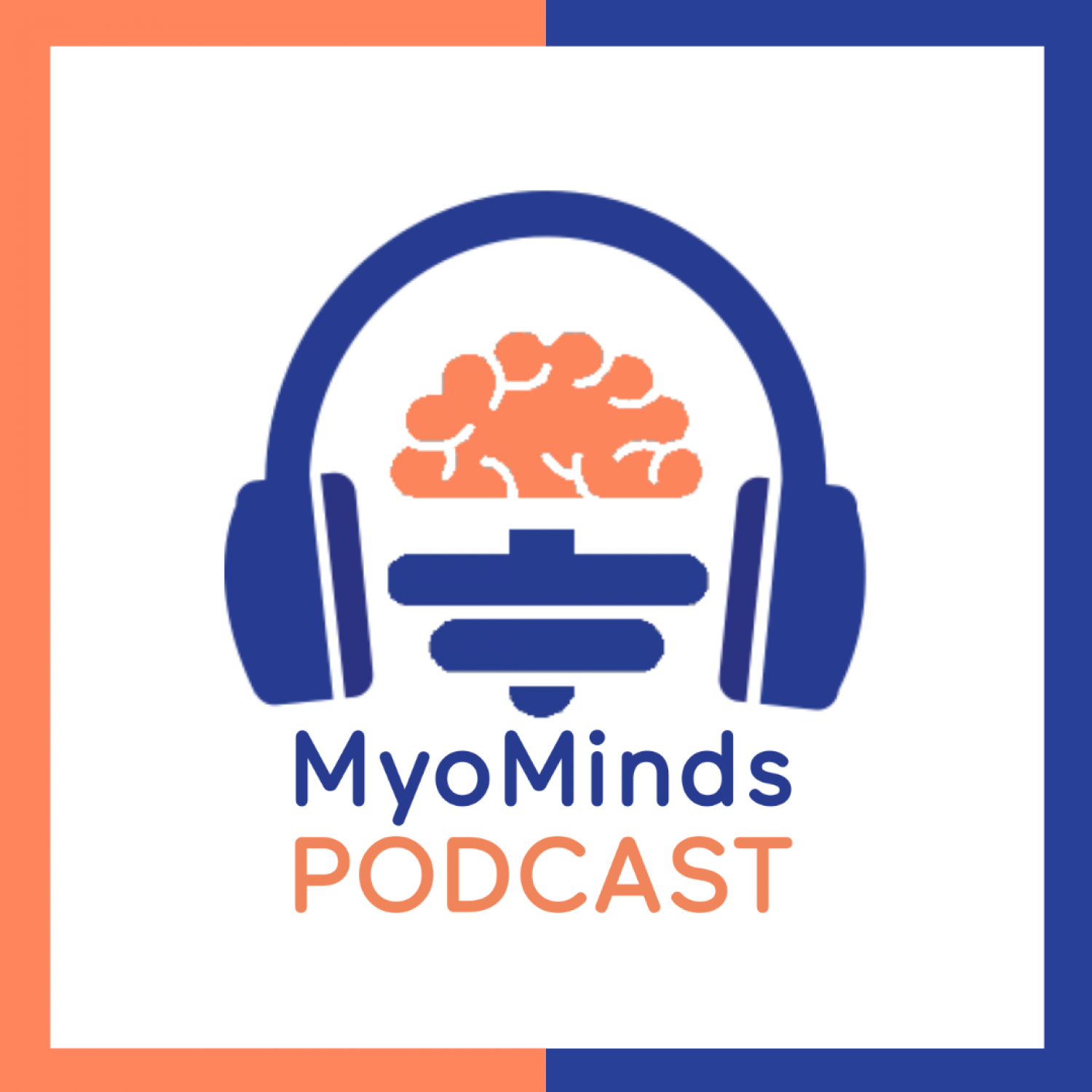Dr Ieuan Cranswick
Senior Lecturer Leeds Beckett
Social
Biography
Ieuan has a background in Sport and Exercise Science and completed his MSc in Sports Therapy, graduating from Leeds Metropolitan University in 2013, and is a full member of the Society of Sports Therapists. He also completed his PhD in 2019 titled Beyond the Muscles: Exploring the Meaning and Role of Muscularity in Identity.
Ieuan has worked at Leeds Beckett as a part-time lecturer since 2016, before securing his Senior Lecturer post in 2019. Whilst teaching predominantly in Sports and Exercise Therapy and Sport and Exercise Medicine, he has also taught on modules within the Nutrition and Dietetics and Occupational Therapy programmes.
Industry Expertise
Areas of Expertise
Education
Aberystwyth University
BSc
Sport and Exercise Science
2011
Leeds Metroplitan University
MSc
Sports Therapy
2013
Liverpool John Moores University
PhD
Sport and Exercise Science
2019
Affiliations
- Higher Education Academy : Fellow
- Society of Sports Therapists : Full Member
Languages
- English
Media Appearances
Muscle dysmorphia: why are so many young men suffering this serious mental health condition?
The Conversation online
2020-10-09
Body image concerns among men are increasingly common and can have a serious impact on mental health. And for an estimated one in ten young men who go the gym in the UK, these body image concerns can result in a mental health condition known as muscle dysmorphia.
Articles
‘It’s not just you come into the gym and do your weight training’: a narrative exploration of muscularity’s role as identity capital
European Journal for Sport and Society2024
The current study explored muscularity and weight training’s role as capital in people’s identities across various contexts. Eleven weight trainers from two gyms were interviewed (three females, eight males) about their desires for muscularity and the role it played in their lives. Thematic narrative analysis identified narratives that framed the individuals’ muscular desires, behaviours, and importance.
Exploring the impact of athletic identity on gender role conflict and athlete injury fear avoidance in male English professional academy football players
Science and Medicine in Football2023
Men’s academy football can encourage a commitment to the athletic role and masculine norms. When injured, the ability to fulfil an athletic masculine identity is threatened and athletes may experience injury fear-avoidance behaviours as part of a negative injury appraisal. The aim of the study was to explore whether higher athletic identity (AI) was associated with higher gender role conflict and injury-related fear-avoidance.
“Oh take some man-up pills”: A life-history study of muscles, masculinity, and the threat of injury
Performance Enhancement & Health2020
The current study explored the life-histories of 10 wt training men and aimed to understand the role muscularity played in their masculine identities. Additionally, the study sought to gain insight into the men’s responses to experiences (e.g., injury) that threaten their muscular masculinity.
Muscle dysmorphia: current insights
Psychology Research and Behavior Management2016
Since 1997, there has been increasing research focusing on muscle dysmorphia, a condition underpinned by people’s beliefs that they have insufficient muscularity, in both the Western and non-Western medical and scientific communities. Much of this empirical interest has surveyed nonclinical samples, and there is limited understanding of people with the condition beyond knowledge about their characteristics.






